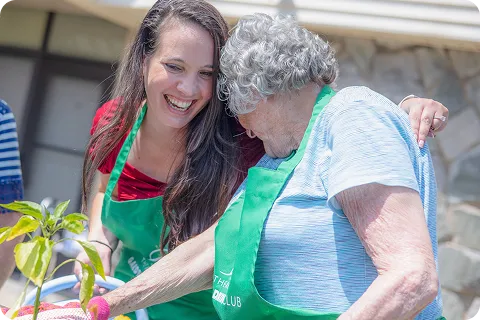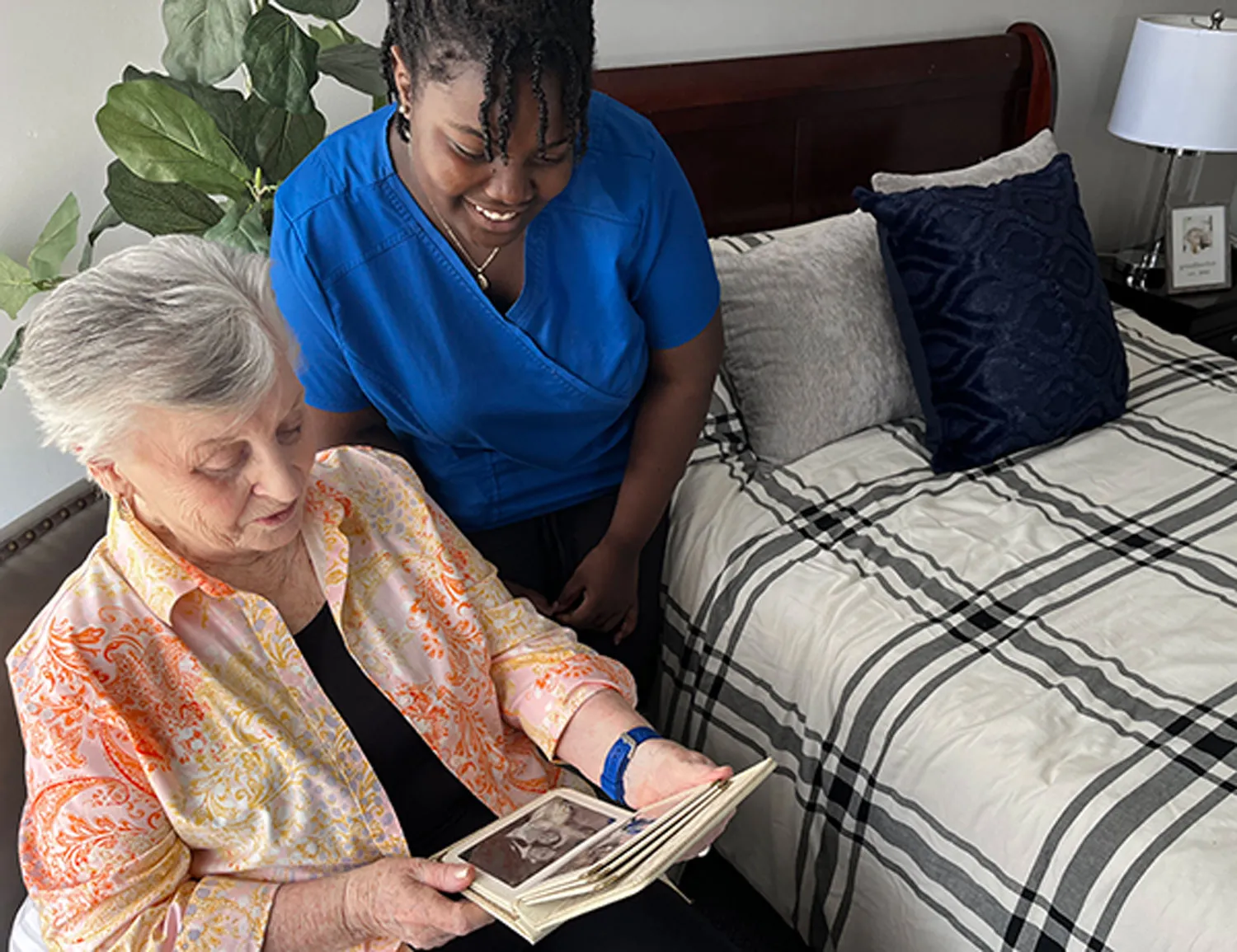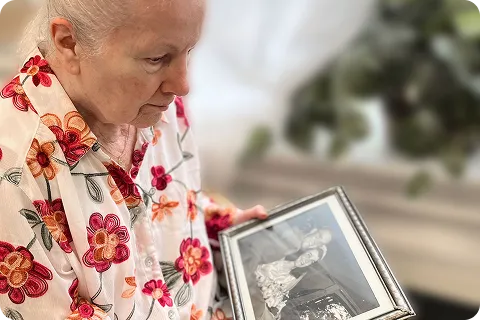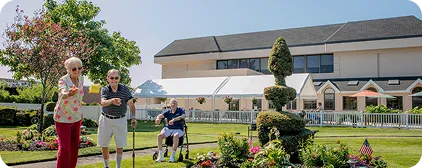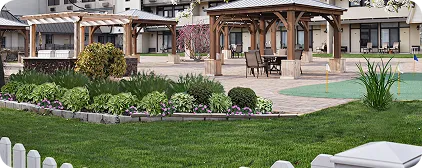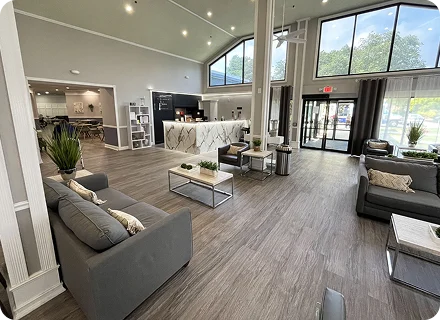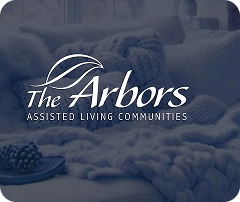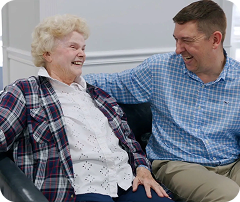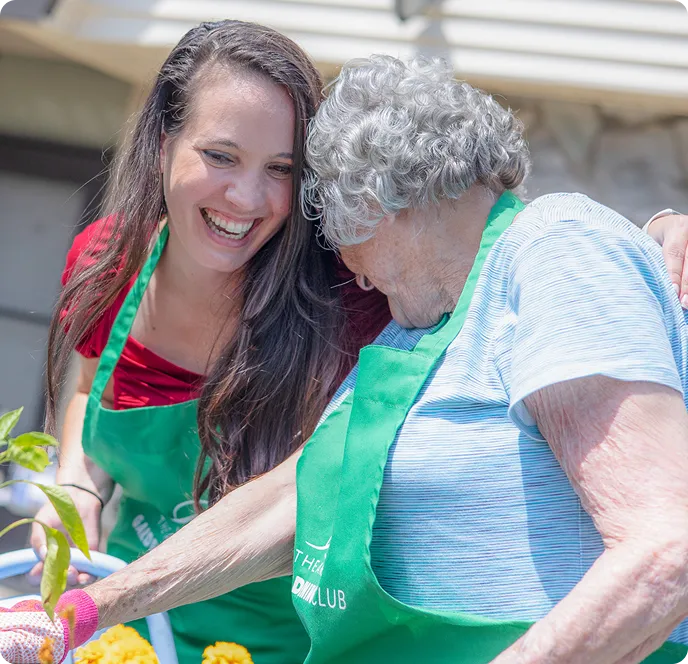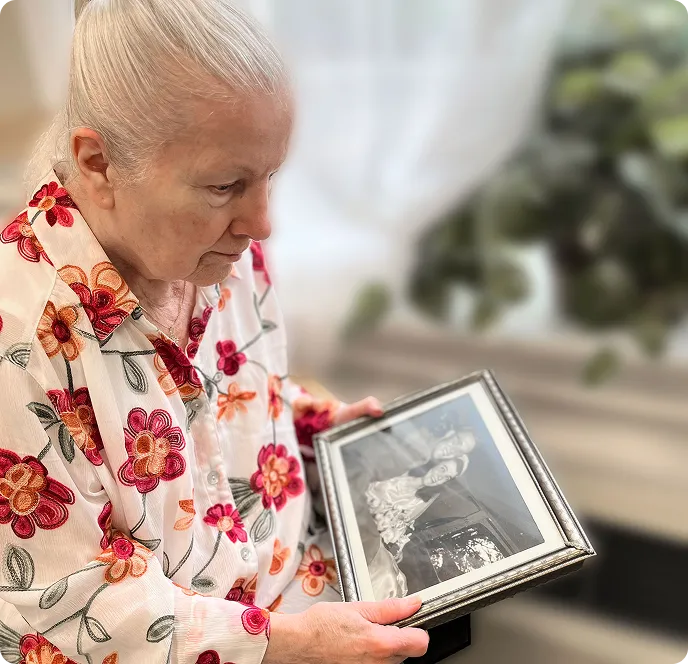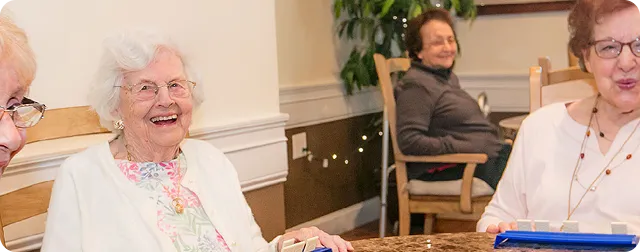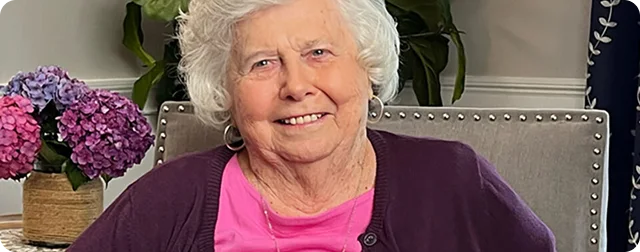(631) 778-7747
When It’s Time: Helping Your Parents Accept the Need for Assisted Living

When It’s Time: Helping Your Parents Accept the Need for Assisted Living
October 15, 2025
As autumn leaves begin to fall and nature gently reminds us of the beauty in change, October is a fitting time to reflect on life’s transitions—especially the ones that aren’t easy.
One of the most emotionally complex transitions adult children face is helping a parent recognize it’s time to consider assisted living. The conversation is rarely simple, and it often comes with resistance, guilt, or even denial. At The Arbors Assisted Living, we understand this delicate journey, and we want to support families every step of the way.
Why the Conversation is So Hard
For many older adults, the idea of moving to assisted living feels like a loss of independence or control. They’ve likely spent decades managing their home, raising a family, and making their own decisions. The suggestion to move can feel like a threat to their identity.
But for adult children, the concern is often rooted in love and safety. You may have noticed forgetfulness becoming more frequent, mobility decreasing, or household tasks going undone. Perhaps there was a recent fall or medical scare that made you realize your parent is no longer thriving alone.
These contrasting perspectives can lead to tension—and guilt. You’re not alone.
Signs It May Be Time for Assisted Living
Here are a few common signs that a parent may benefit from the supportive environment of assisted living:
Repeated falls or increased risk of injury at home
Medication mismanagement
Poor hygiene or unwashed clothing
Missed meals or significant weight changes
Isolation or withdrawal from social activities
Difficulty keeping up with housekeeping or bills
Caregiver burnout in family members
Recognizing these signs doesn’t mean you’re giving up on your parent—it means you care deeply and want what’s best for their quality of life.
Approaching the Conversation with Compassion
The way you start this conversation matters. Here are a few strategies:
Start Early and Small
Introduce the idea gradually before a crisis occurs. Talk about “options” rather than decisions.
Focus on Benefits, Not Limitations
Emphasize how assisted living supports independence, provides social opportunities, and takes away the burden of home maintenance—not how your parent is “failing.”
Listen First
Ask your parent how they feel about their current living situation. Are they lonely? Tired? Struggling more than they let on?
Involve a Trusted Third Party
Sometimes, hearing concerns from a doctor, clergy member, or family friend can make the message easier to accept.
Visit Communities Together
Touring a place like The Arbors can dispel fears and show your parent how vibrant and engaging assisted living can be.
You’re Not Alone—And Neither Are They
At The Arbors, we’re more than just a place to live—we’re a community that feels like home. Our staff understands the emotional weight families carry during this transition. We’re here to answer questions, offer tours, and provide the compassionate support that aging loved ones—and their families—deserve.
This October, as you reflect on change and new beginnings, remember: helping your parent move to assisted living is not about what they’re losing, but what they’re gaining—a safer, more connected, and enriching life.
If you’re ready to talk, we’re ready to listen.
If you’re interested in learning more, or visiting The Arbors Assisted Living community, schedule a tour by contacting one of our five convenient locations:
Recent News
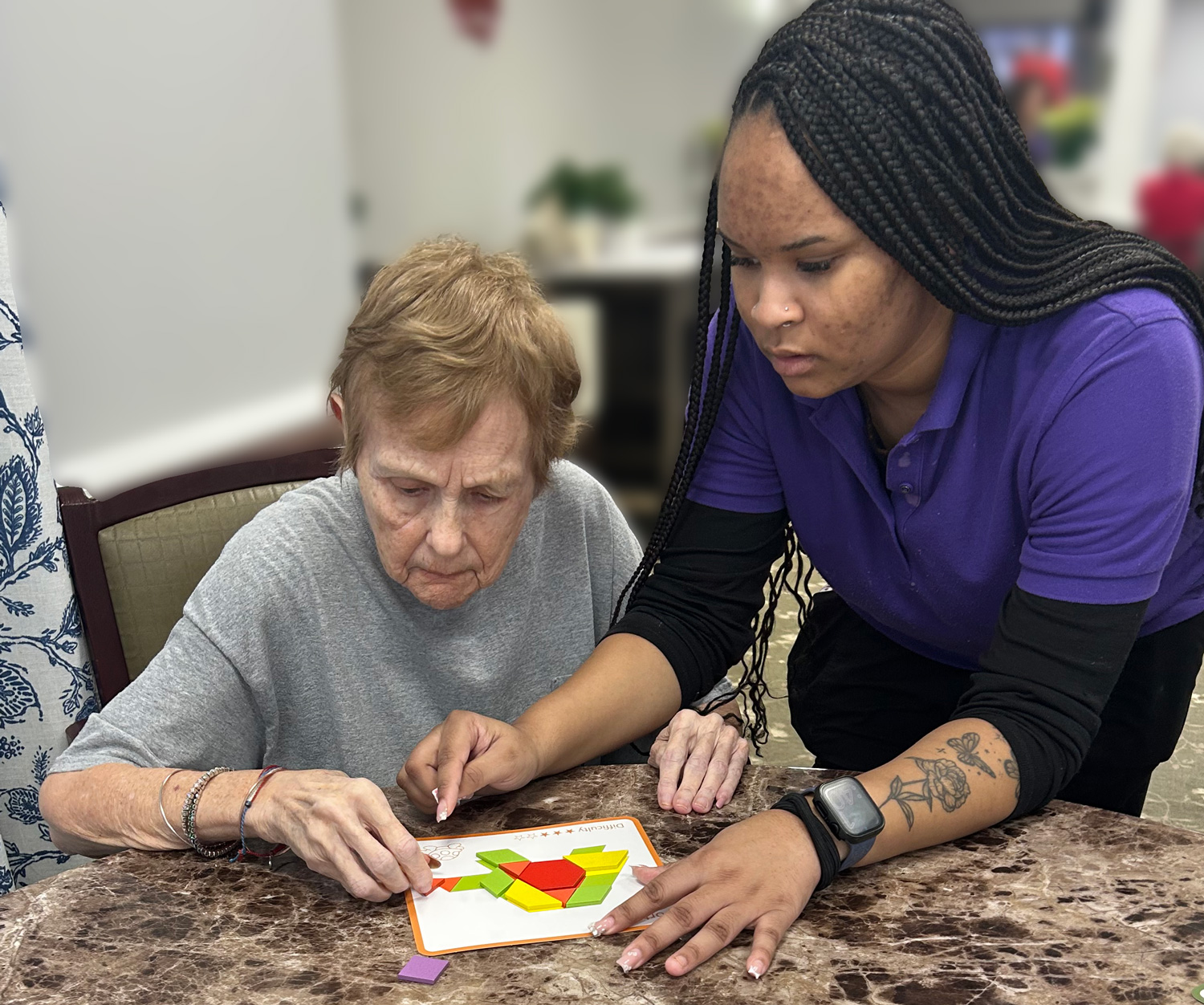
The Power of Touch
February 9, 2026

Winter Readiness for Caregivers: Do You Have a Plan?
January 6, 2026

Important Topics to Discuss With Local Assisted Living Centers
November 10, 2025

How to Encourage an Aging Parent to Shower When They Refuse
July 2, 2025
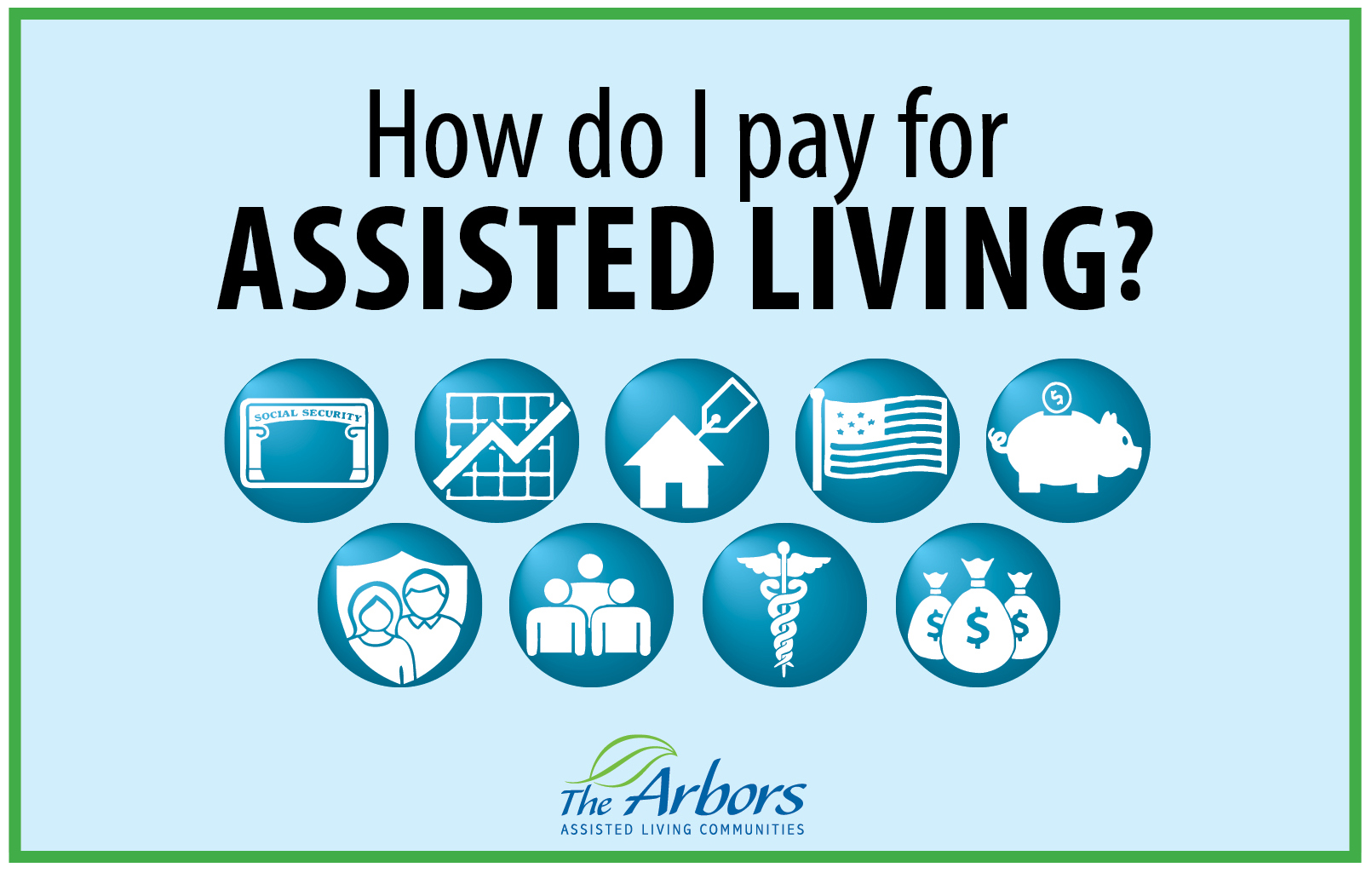
How Do I Pay for Assisted Living
June 6, 2025

3 Signs You Should Consider Assisted Living
May 15, 2025

How to Deal with a Senior Resisting Moving to Assisted Living
April 1, 2025
GET IN TOUCH
Let’s Talk About Making The Arbors Your Home
REQUEST A VISIT
Schedule a Tour of our Long Island Assisted Living Communities


